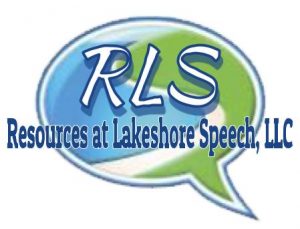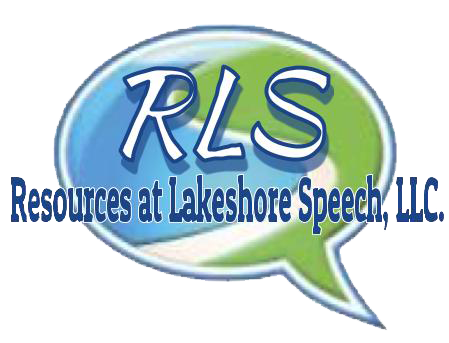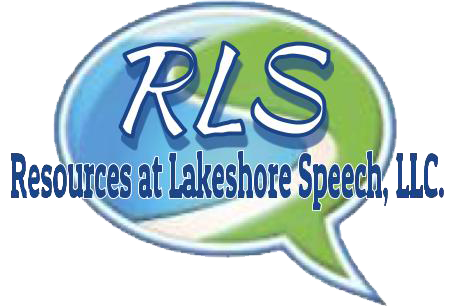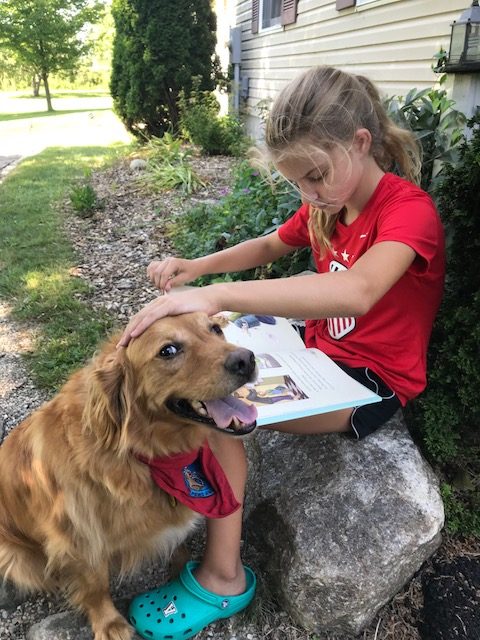Lakeshore has gone to and fallen in love with the dogs…..Stan in particular! This Fall, we will be offering a reading enrichment program co-taught by Patti Cramer and Stan, the Therapy Dog.
Patti is a graduate of the University Of Dayton. She received her Masters in Education from Bowling Green State University. Patti has twenty years experience teaching the primary grades (Kg – 3rd grade). Her passion is teaching Reading and Writing. Patti shared, “I have found that one major roadblock to a student’s success is the lack of confidence in their own abilities. It became my goal to discover a way to bypass that obstruction”.
3 years ago, she found that solution.
After rescuing an amazing dog, Stan, 5 years ago from the county pound, she realized he was the solution. After months of work and practice, Stan passed his Therapy Dog Test and became a Certified Therapy Dog through Therapy Dogs International. Thus, started Stan’s ‘school days’.
Stan made an immediate impact in the classroom. His presence far exceeded expectations. Not only did he help students overcome their hesitancy to read, he actually inspired students to work extra hard to practice reading special books to Stan. Students, who otherwise feared sharing their new skills, now could not wait to show off for Stan. The growth in all of Patti’s students was amazing, but the growth in her struggling students was most apparent.
Stan motivated Patti’s classroom of First Grade students as well as having a positive effect on ALL students. Stan spends time in six different self-contained classrooms for students with a variety of special needs. Each and every student looks forward to “Stan time”.
Stan teaches all students a variety of lessons including social/emotional skills, understanding non-verbal communication (ie: basic dog body language), compassion and care for another ( ie: students become responsible for Stan’s dog care), and basic dog training and safety skills.
Stan has become a star and time with him is an incentive in the school to promote good behavior. Students choose to earn time reading with Stan for being respectful, responsible and safe, . His company provides a safe place when students are having a difficult day and need to cool off or just need a snuggle.
We are thrilled and fortunate that Stan has chosen to bring his talents (and those of Patti) to Lakeshore Speech Therapy. Patti and Stan work side by side to enrich your child’s reading by practicing reading strategies to improve Accuracy, Fluency and Comprehension. Students in this 4- week program will have direct instruction with Patti, small group time to work on these strategies and of course individual time to read to Stan to show off their skills. Students will read books at their independent level to accomplish these tasks.
This reading enrichment program will be offered in two 4-week session starting September 18th from 4:30 – 5:30pm. Each session will be limited to 4 students. Our hope it have Stan spend more time caring, working and teaching at Lakeshore Speech Therapy. Registration for this class will open Friday, August 10th and close September 12th. Find more information at https://www.lakeshorespeech.com/events/
Don’t miss out on this incredible opportunity!
Yours in Speech,
Lakeshore Speech Therapy











